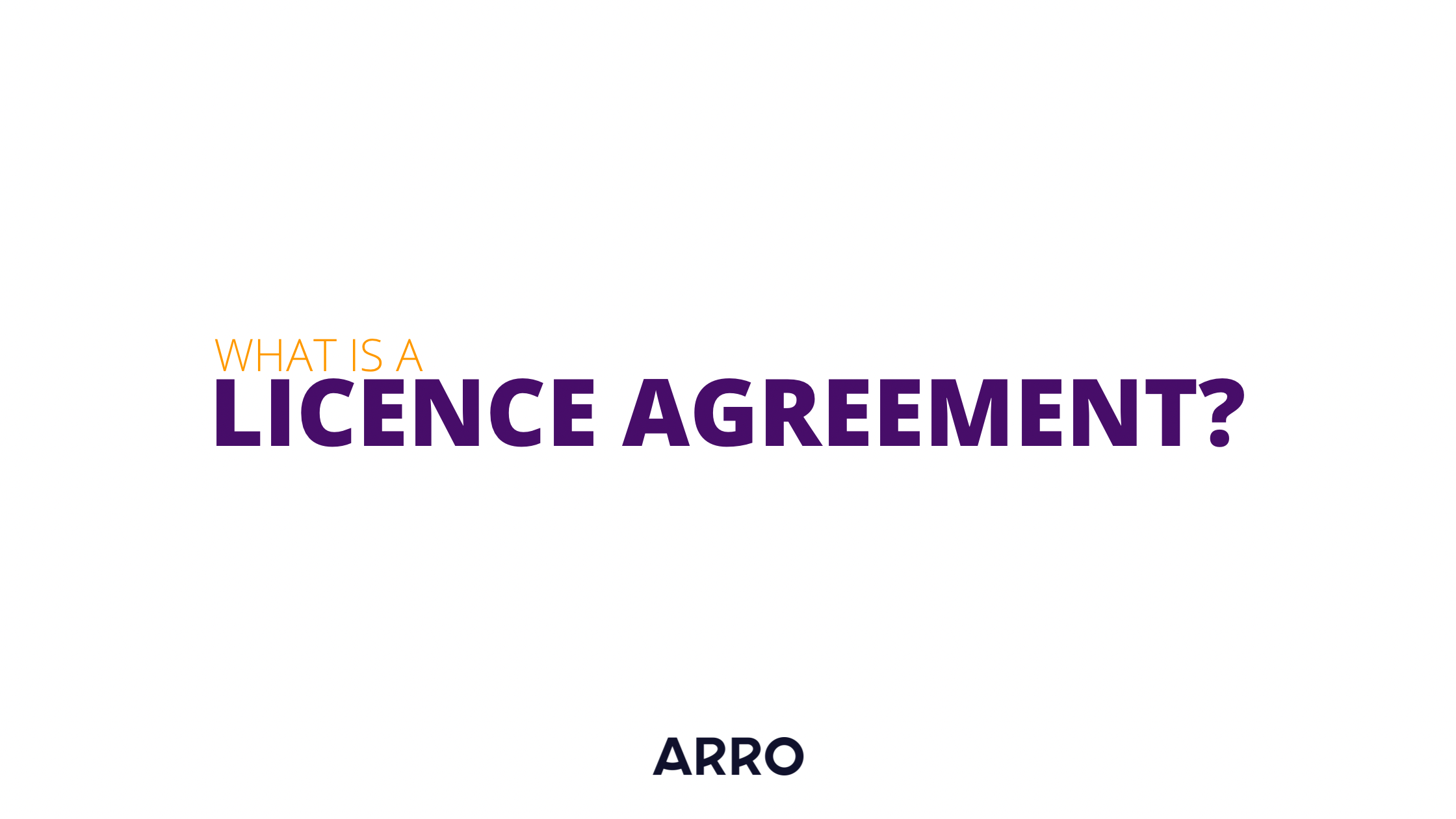For a purchaser to move into a property before settlement, a licence agreement should be in place.
This agreement is between licensor and licensee and gives the licensee the benefit of use or possessing the licensor’s property.
What does a licence agreement do?
Such agreements set out the terms and conditions of usage of the property.
A licence agreement protects the interests of those involved and is useful in any dispute that may arise. A licence agreement also protects the rights of those involved.
Note, you will need to take out an insurance policy for the building and contents from the day you move into the property under the Licence Agreement.
Is a licence agreement the same as a lease?
No. This agreement is separate from a lease. Lease agreements are known to have ‘proprietary’ interest in which entitles the tenant ability to exclude the owner and anyone else from using the property.
Whereas a licence agreement does not give tenants a proprietary interest. The tenant (licensee) must only use the property within the boundaries of the licence agreement and cannot exclude the vendor (usually also the licensor) or anyone else utilising the property.
When should a licence agreement be prepared?
We recommend a lawyer or qualified person prepares your licence agreement. This ensures any necessary formalities and due diligence occurs and the licence agreement protects both parties involved. Usually, the party requesting a licence agreement is responsible to cover costs.
That’s why, regardless of whether you are selling or purchasing a property, it is critical that your licence agreement is drafted correctly and identifies relevant rights, conditions and concerns.
Should you have any questions concerning the above, please don’t hesitate and contact the Arro Property team today!




